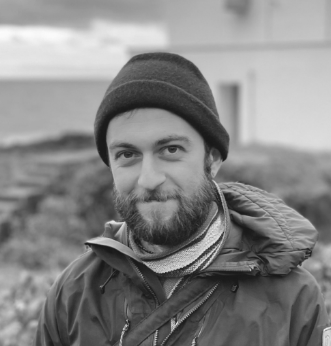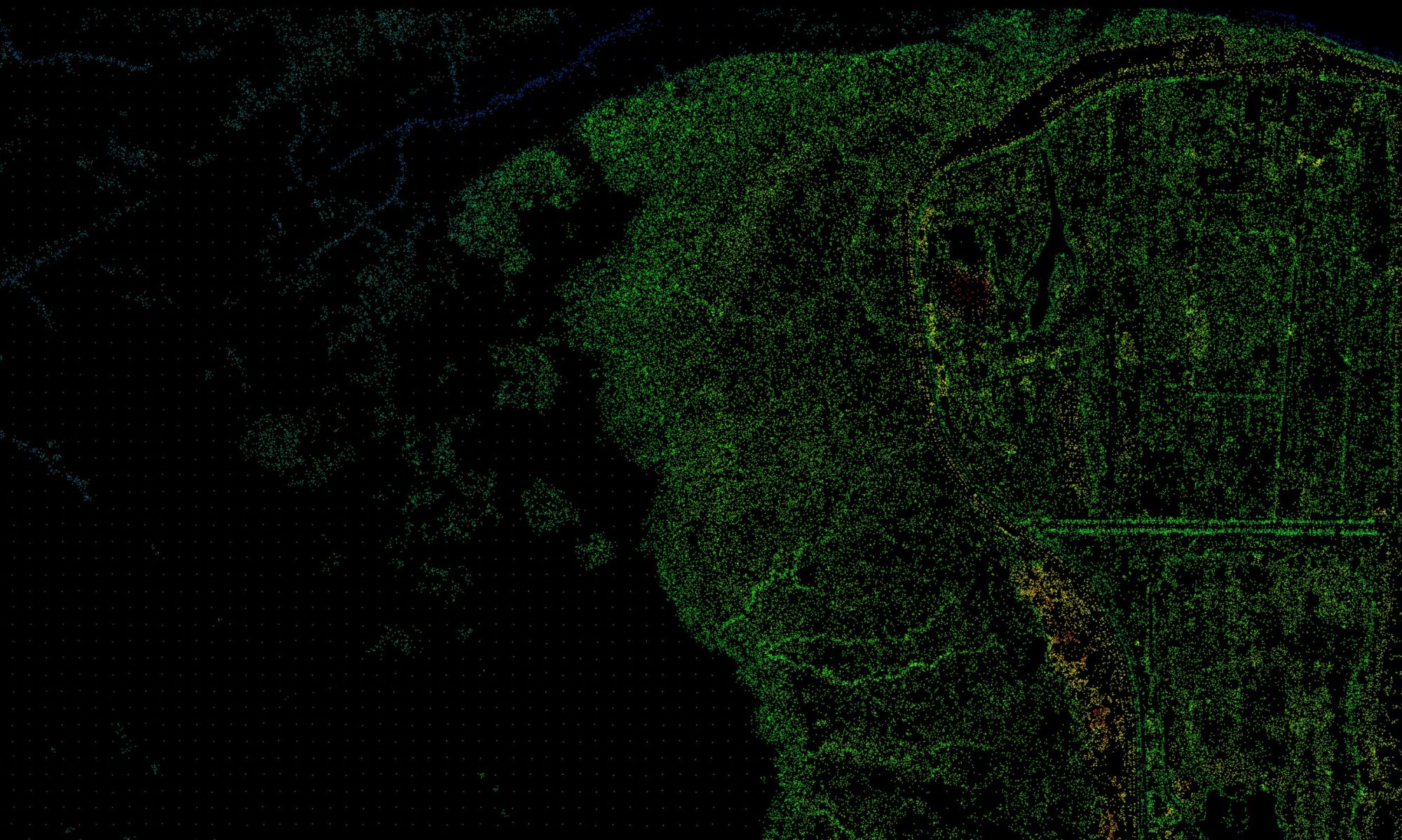Research Team Members
Kees Lokman, Director of the Coastal Adaptation Lab
Kees is an associate professor and chair of landscape architecture at the University of British Columbia. His research focuses on design challenges related to sea level rise adaptation, water and food shortages, and the energy transition. Recent and ongoing research has been published in various journals, including the Journal of Landscape Architecture, Landscape Research, New Geographies, TOPOS and the Journal of Architectural Education. This work has been funded through various agencies and municipalities, including Natural Resources Canada, the Dutch Creative Industries Fund, and the City of Vancouver. Kees received the CELA Excellence in Research Award, Junior Level (2019) for his innovative and noteworthy research contributions to the discipline of landscape architecture.

Benji Eisenberg, Research Associate
Benji grew up on ancestral Massa-adchu-es-et Nation territory in the winding estuaries of coastal Massachusetts, United States digging for clams and tapping sugar maples. Benji earned their MLA in landscape architecture at UBC with a focus on understanding how coastal adaptation can support food security and ecological knowledge preservation and has spent the last year working with Tsleil-Waututh Nation on the Nation’s ongoing Shoreline Adaptation Project which aims to integrate coastal adaptation with Ecological Knowledge preservation.
Ethan Liu, Research Assistant
Past Research Team Members
Alvin Thompson
Alvin was Postdoctoral Fellow in the Coastal Adaptation Lab between 2020-22. He uses social-ecological systems thinking as an entry point to study how global and local drivers of environmental change create multiple impacts on coastal systems and littoral communities. His work also focuses on how legislative and policy arrangements related to coastal area management could enable or constrain coastal adaptation.
Calvin Tan
Calvin is a recent graduate of the Master of Landscape Architecture program at the University of British Columbia. His design thesis is framed around the socio-economics and ecologies of informal waste landscapes that have emerged across the world due to global consumption and the role of logistics in speculating new futures in how humans and non-humans interact with waste material within the built environment. Calvin’s research as part of UBC CAL focuses on creating interactive animations that visualize the spatial implications of adaptation strategies as well as documentation of case studies, including the benefits and challenges associated with these potential solutions.
Karen Tomkins
Karen is a recent graduate of the Master of Landscape Architecture program at the University of British Columbia. Her background is in ecology and ecosystem management. Her focus of interest is in reintegrating humans into the greater ecological systems of the planet. Her research centers around indigenous socio-ecological practices as examples of sophisticated environmental engineering and food systems. Karen’s research as part of UBC CAL focuses on documenting Indigenous coastal adaptation practices in the Pacific Northwest, most notably surrounding the technologies and practices associated with Clam Gardens.
Tugce Conger
Tugce works with the Green Infrastructure team at the City of Vancouver. She completed her PhD with Dr. Stephanie Chang at the Institute for Resources, Environment, and Sustainability (IRES) of UBC. For her PhD dissertation research, she investigated the use of coastal green infrastructure (CGI) — natural and nature-based flood and erosion protection methods — as a measure of sea level rise adaptation. As part of UBC CAL, Tugce was a project manager for the Living Breakwaters Project, developing connections with local municipalities and other stakeholders.
Pauline Moskal
Pauline Moskal is a recent Master of Landscape Architecture graduate from the University of British Columbia and holds a Bachelor of Architectural Studies from Carleton University. She is the 2019 recipient of the Dr. John Wesley Neill Prize for the outstanding graduate student in landscape architecture at UBC. Pauline is interested in using speculative design as a method for exploring complex climate issues. Her role at UBC CAL involved design-research on the Future of False Creek.

